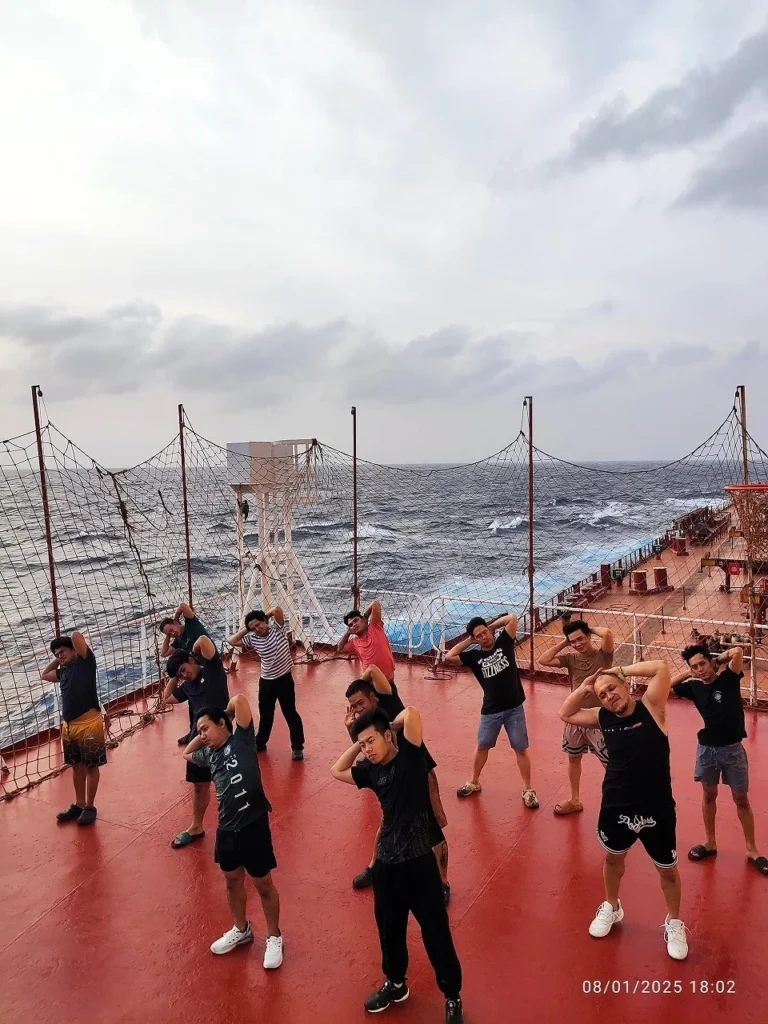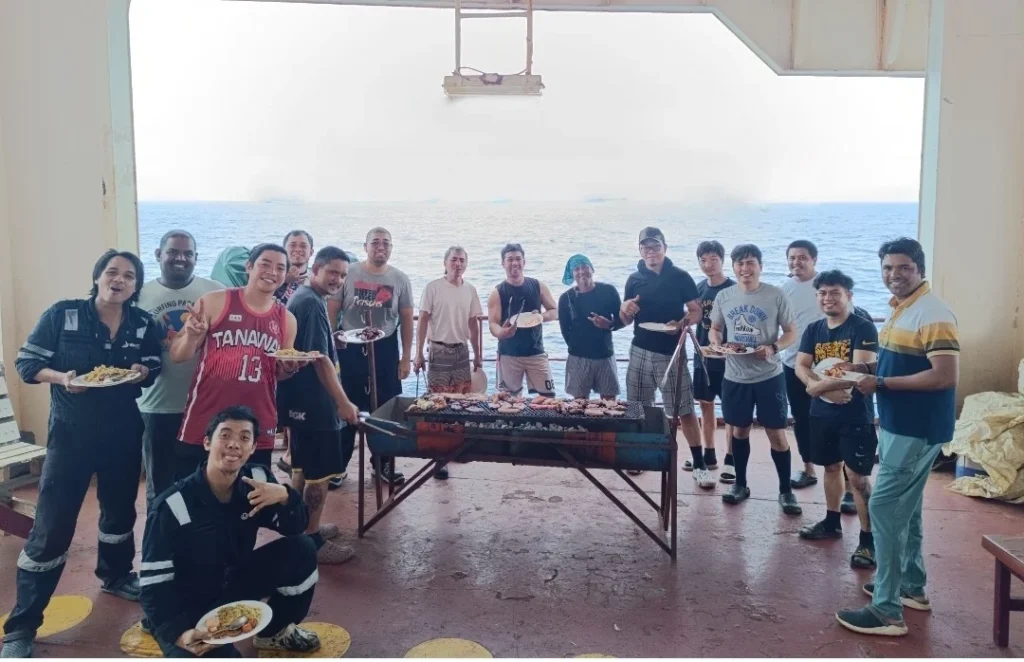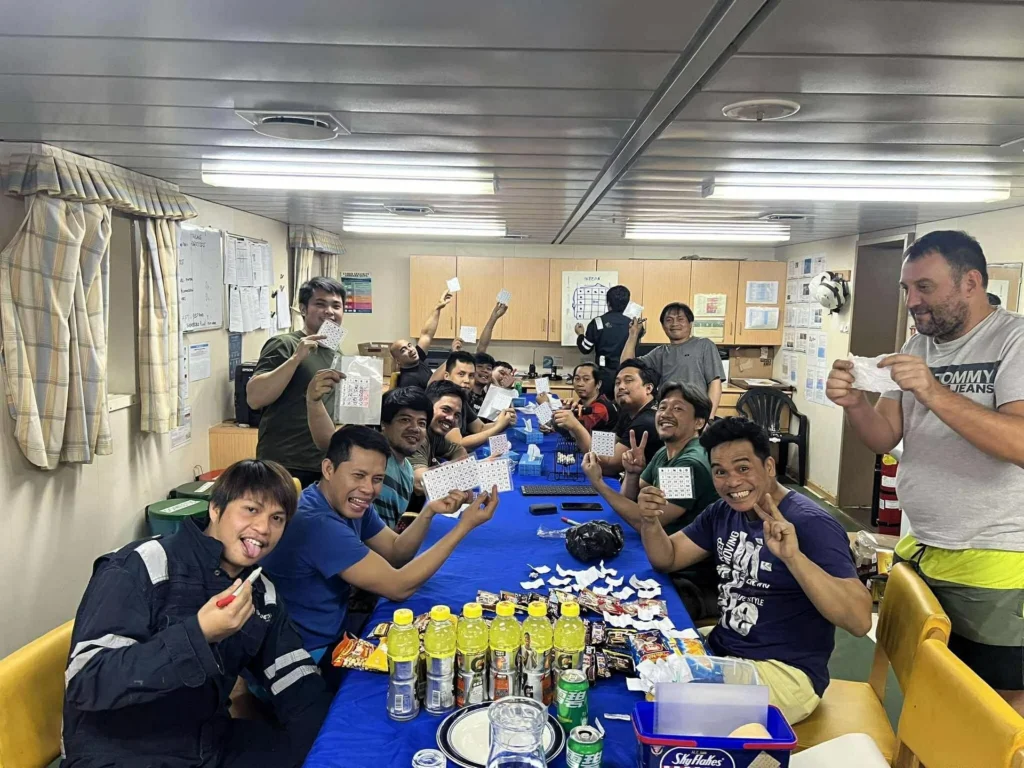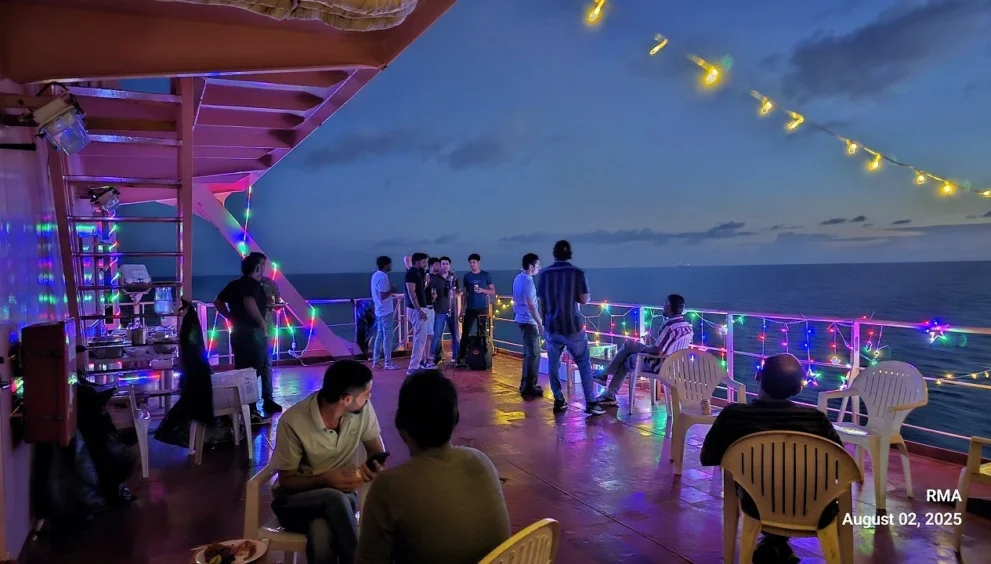Mental Resilience at Sea: 10 Proven Psychological Strategies Every Seafarer Must Master
Find out 10 effective, evidence-based mental resilience strategies specifically for seafarers to manage isolation, stress, and fatigue over extended voyages.
Introduction
Picture this — you are on the bridge at 0300 hours, mid-Atlantic, wind speed 40 knots, sea state rough, poor visibility. You’re awake for 14 hours, your phone is yet to pick up a signal for days, and the only voice you’ve heard during the night is that of the crackling VHF. The fatigue sets in to cloud the judgment, and minor irritations begin to feel like epic battles.
This is where mental toughness — being able to remain strong, calm, and concentrated under pressure — becomes as valuable as your chart-reading abilities. In the sea, storms are not only made on the weather; they’re made on loneliness, stress, exhaustion, and the uncertainty of life on a ship.
Throughout my time at sea, I have witnessed officers and crew who performed well under stress and others who broke down under it. The difference? Not luck. Mental training.
Below are 10 tested psychological techniques that any seafarer can learn to ride out difficulties with clarity and confidence.
- The “Anchor Point” Mindfulness Technique
When seas get rough — literally or figuratively — hold onto one stable thing. It might be your breath, the engine rumble, or the sensation of the deck under your feet. Breathe 3 times deeply, concentrating solely on that anchor point. This immediately drops stress hormones and gets you into the present moment.
- The 3-Minute Breathing Reset for Bridge Watch
When on long watch, your mind starts to wander. Stop each hour for 180 seconds: breathe in for 4, hold for 4, breathe out for 4, hold for 4. This is the fighter pilot and special forces box-breathing trick that works magic for sea-watch alertness.
- Complete the “Captain’s Gratitude Log
Even on the hardest journeys, there’s something to be thankful for — a peaceful sunset, a decent meal, or a quip from a crewmate. Record 3 small positives a day. In time, this reprograms the brain to pay attention to the positives, balancing the unavoidable negatives of life at sea.
- Develop a Pre-Watch Mental Ritual
Just like pilots run a checklist before take-off, create a short ritual before watchkeeping — adjust your uniform, stretch your shoulders, review the passage plan. This routine signals your brain: It’s time to focus.
- Stay Social, Even If You’re an Introvert
Isolation is one of the largest mental health hazards at sea. Take the initiative to join crew mess for meals, converse in the alleyway, or have a tea break. Small everyday interactions decrease feelings of loneliness and enhance morale.
- Learn “Cognitive Reframing”
When confronted with a frustrating circumstance — a late port call, poor weather, or machinery malfunction — ask yourself: What’s the opportunity here? Perhaps it’s an opportunity to exercise patience, enhance maintenance skills, or just rest. This change in perspective lessens stress and enhances problem-solving.
- Exercise for Mood, Not Just Fitness
You don’t require a gym membership to improve mental wellbeing. Basic bodyweight exercises, jumping rope, or resistance band training release endorphins that combat depression and anxiety. Even 10 minutes daily can improve greatly in terms of mood and energy.
- Have a “Mental First Aid Kit”
Have a personal emergency kit of inspiring resources — your favorite tunes, some family photos, a small book, or even a tape of family voices. On bad days, open your kit and recharge your mind in a hurry.
- Create Micro-Goals While on Long Journeys
A trip from Brazil to China can seem like an eternity. Divide it into micro-objectives: by next Sunday, read that book; by the next port, learn to tie a new knot; by the end of the month, finish an online certification course. Small wins build momentum.
- Speak About It Before It Builds Up
Mental stress is like seawater in the bilge — if ignored, it can sink you. Whether with a trusted crewmate, senior officer, or a counsellor via satellite link, talk about challenges early. You’ll be surprised how many others have felt the same way.
Pro Tips from a Master Mariner
Captains & senior officers should check in on crew mental wellbeing during routine rounds — not just work performance.
New recruits can receive a warm welcome to minimize first-week jitters.
Employ offline meditation apps such as Calm or Insight Timer for guided relaxation.
Conclusion
At sea, mental toughness is no luxury — it’s survival equipment. Just as we keep the ship’s engines humming, we need to keep our minds in working order. The more robust your mental toughness, the safer, happier, and more effective you will be — for yourself and your crew.
So the next time you are confronted with a storm, either on the horizon or in your mind, remember: the calmest seas are the ones we create within.
Following are some of the photos of interaction onboard, social events and group exercises!





